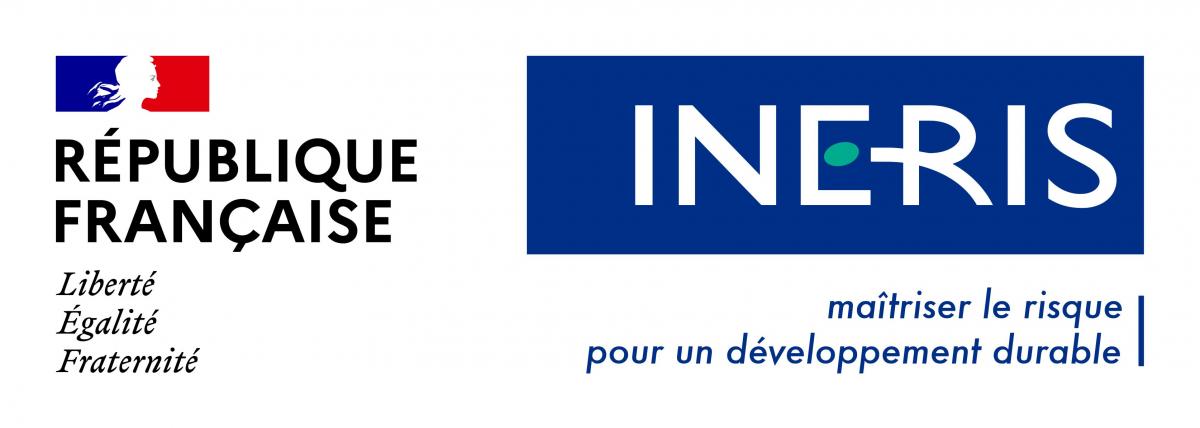Effect-based methods are key. The European Collaborative Project SOLUTIONS recommends integrating effect-based methods for diagnosis and monitoring of water quality
Résumé
The present monitoring and assessment of the chemical status of water bodies fail to characterize the likelihood that complex mixtures of chemicals affect water quality. The European Collaborative Project SOLUTIONS suggests that this likelihood can be estimated with effect-based methods (EBMs) complemented by chemical screening and/or impact modeling. These methods should be used to identify the causes of impacted water quality and to develop programs of measures to improve water quality. Along this line of reasoning, effect-based methods are recommended for Water Framework Directive (WFD) monitoring to cover the major modes of action in the universe of environmentally relevant chemicals so as to evaluate improvements of water quality upon implementing the measures. To this end, a minimum battery of bioassays has been recommended including short-term toxicity to algae, Daphnia and fish embryos complemented with in vitro and short-term in vivo tests on mode-of-action specific effects as proxies for long-term toxicity. The likelihood of adverse impacts can be established with effect-based trigger values, which differentiate good from poor water quality in close alignment with Environmental Quality Standards for individual chemicals, while taking into account mixture toxicity. The use of EBMs is suggested in the WFD as one avenue to establish the likelihood of adverse effects due to chemical pollution in European water systems. The present paper has been written as one component of a series of policy briefs to support decisions on water quality monitoring and management under the WFD.
Origine : Publication financée par une institution
